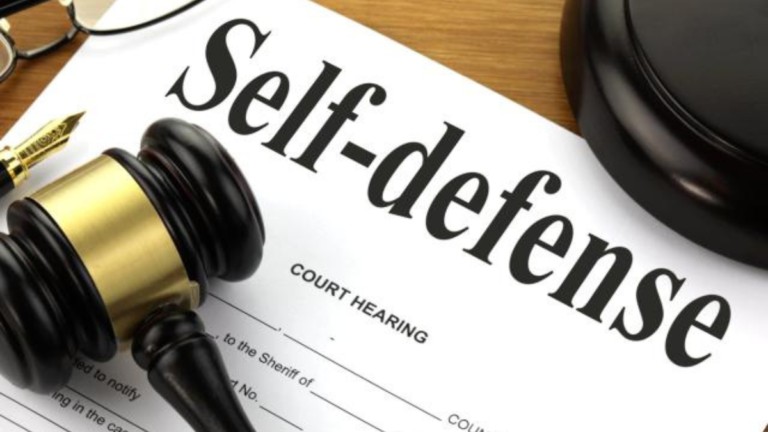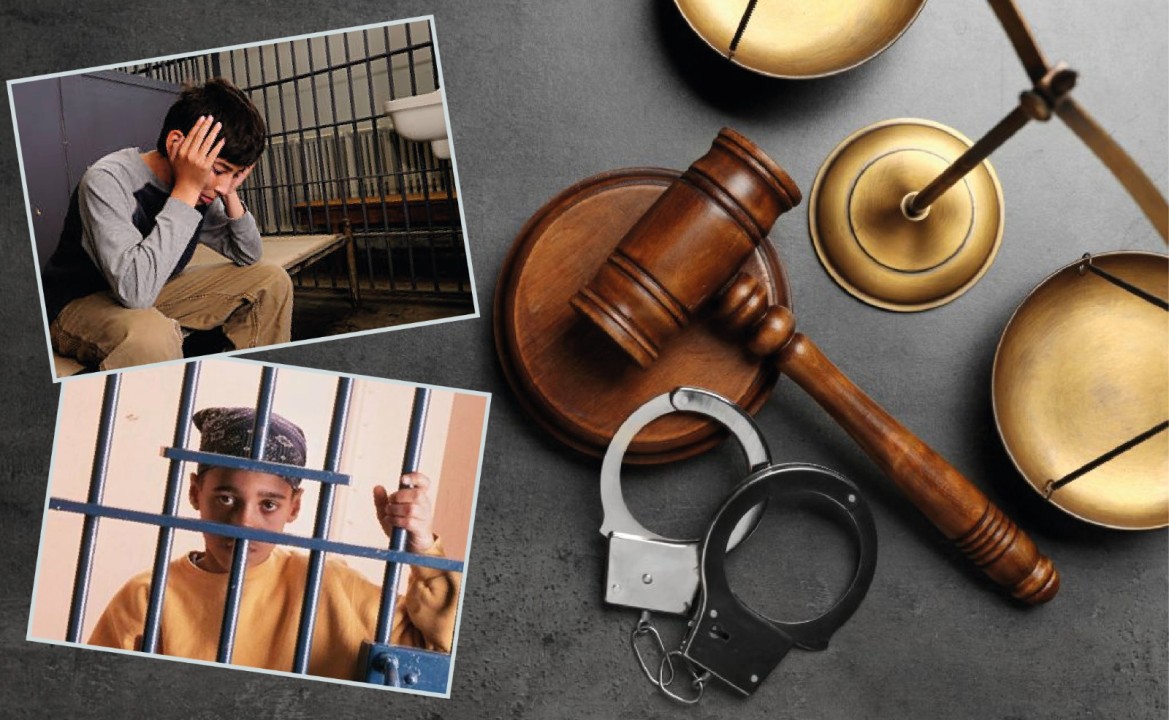Published: April 28, 2025
Last Updated: April 28, 2025

A criminal record can have a profound effect on a person's future and influence many facets of life. A criminal record can pose serious obstacles in several fields, even after serving time or paying fines:
Employment
A criminal record can severely limit employment chances, particularly in professions needing trust or managing sensitive data, as many employers run background checks. Regulations are frequently more stringent in some sectors, such as healthcare, banking, education, and law enforcement.
Housing
Potential tenants are often subjected to background checks by landlords and property management firms. Housing alternatives may be limited if a criminal record results in increased security deposits or the rejection of rental applications.
Education
Colleges and universities may investigate applicants' criminal histories, which could make admission more challenging. Certain offences, especially those involving narcotics, may potentially affect eligibility for federal student assistance. Criminal lawyers are crucial in these circumstances, offering direction and advocacy to assist you in negotiating the nuances of the law and how it affects your academic goals.
Professional Licensing
Many occupations, including those in the legal, medical, and educational fields, call for licenses or certifications. People who have a criminal background may not be able to get these credentials or may even have their current credentials revoked.
Social and Personal Relationships
Relationships with family, friends, and acquaintances may suffer due to the stigma attached to a criminal record, which can also affect dating and forming new relationships. Parental rights in custody disputes or adoption procedures may also be impacted.
Financial Implications
Financial instability may result from court expenses, legal fees, fines, and perhaps unemployment-related income loss. It may also get harder to get credit or loans.
Travel Restrictions
Travelling abroad may be restricted for people with a criminal history, in certain nations, entry may be refused based on prior convictions.
Civic Rights
Depending on the jurisdiction, a felony conviction may result in the loss of some rights, including the ability to vote, the right to keep and carry arms, and the right to serve on a jury.
Increased Penalties for Future Offenses
Having a prior criminal record can lead to harsher penalties if convicted of subsequent crimes.
Fortunately, there are legal processes available to mitigate the impact of a criminal record in some cases:
For the most part, this legal procedure can erase some offences from your criminal record, making them appear to have never happened. The type of offence, the length of time since the conviction, and the jurisdiction all affect eligibility for expungement.
Sealing of Records
Although police enforcement and some other organizations may still be able to read a sealed criminal record, the public cannot access it. Jurisdictional differences also exist in eligibility and record-sealing procedures.
If you have a criminal record, it is crucial that you consult with an Al Adl attorney with experience in record sealing or expungement in your jurisdiction so that you may understand your options and start the process of beginning over.


